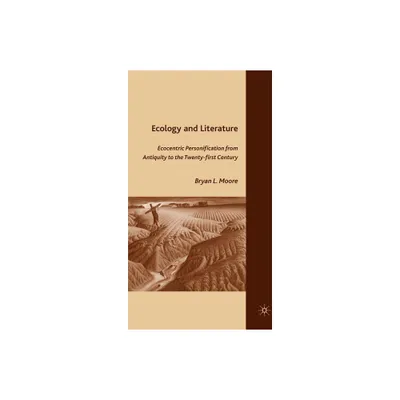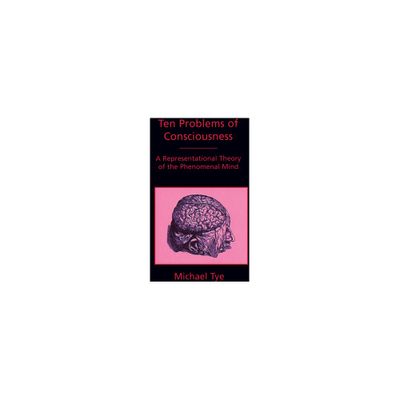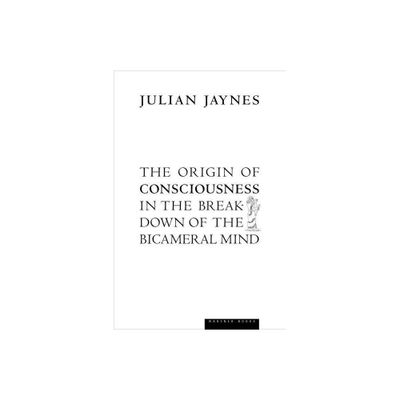Home
Paper Minds: Literature and the Ecology of Consciousness
Loading Inventory...
Barnes and Noble
Paper Minds: Literature and the Ecology of Consciousness
Current price: $29.00


Barnes and Noble
Paper Minds: Literature and the Ecology of Consciousness
Current price: $29.00
Loading Inventory...
Size: Paperback
*Product Information may vary - to confirm product availability, pricing, and additional information please contact Barnes and Noble
How do poems and novels create a sense of mind? What does literary criticism say in conversation with other disciplines that addresses problems of consciousness? In
Paper Minds
, Jonathan Kramnick takes up these vital questions, exploring the relations between mind and environment, the literary forms that uncover such associations, and the various fields of study that work to illuminate them. Opening with a discussion of how literary scholarship’s particular methods can both complement and remain in tension with corresponding methods particular to the sciences,
then turns to a series of sharply defined case studies. Ranging from eighteenth-century poetry and haptic theories of vision, to fiction and contemporary problems of consciousness, to landscapes in which all matter is sentient, to cognitive science and the rise of the novel, Kramnick’s essays are united by a central thematic authority. This unified approach of these essays shows us what distinctive knowledge that literary texts and literary criticism can contribute to discussions of perceptual consciousness, created and natural environments, and skilled engagements with the world.
Paper Minds
, Jonathan Kramnick takes up these vital questions, exploring the relations between mind and environment, the literary forms that uncover such associations, and the various fields of study that work to illuminate them. Opening with a discussion of how literary scholarship’s particular methods can both complement and remain in tension with corresponding methods particular to the sciences,
then turns to a series of sharply defined case studies. Ranging from eighteenth-century poetry and haptic theories of vision, to fiction and contemporary problems of consciousness, to landscapes in which all matter is sentient, to cognitive science and the rise of the novel, Kramnick’s essays are united by a central thematic authority. This unified approach of these essays shows us what distinctive knowledge that literary texts and literary criticism can contribute to discussions of perceptual consciousness, created and natural environments, and skilled engagements with the world.


















